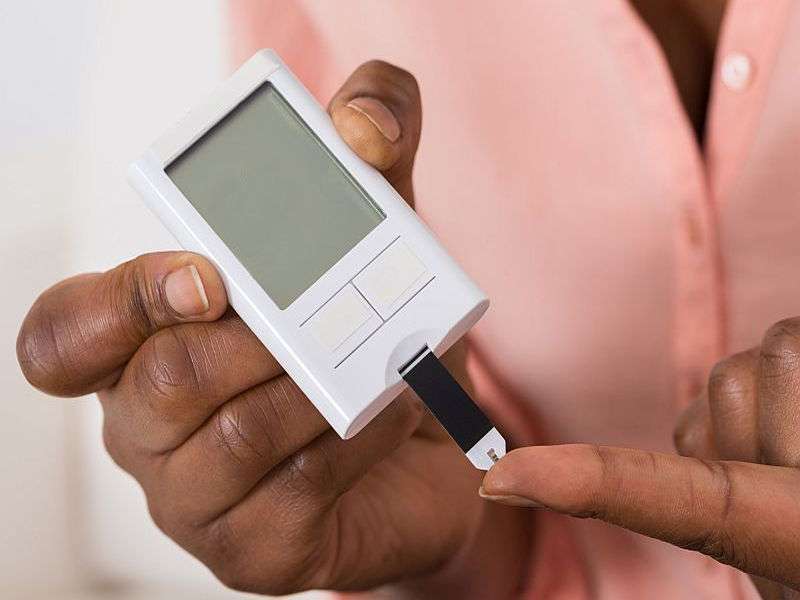(HealthDay)—For postmenopausal women with type 2 diabetes mellitus (T2DMPW), the correlation between bone metabolism and basal metabolism seems to be dependent on serum 25-hydroxyvitamin D (25[OH]D) levels, according to a study published online March 31 in the Journal of Diabetes Investigation.
Makiko Ogata, from the Tokyo Women's Medical University School of Medicine, and colleagues enrolled 44 T2DMPW in a prospective follow-up study performed with vitamin D supplementation. Twenty-three patients with low 25(OH)D levels were told to increase vitamin D levels by lifestyle change. Alfacalcidol was administered to 15 patients with osteoporosis.
The researchers found that serum 25(OH)D increased and decreased in 25 and 19 patients, respectively. A decrease in 25(OH)D was seen for patients who did not receive the study intervention at the start. There was a positive correlation between changes in resting energy expenditure and those of procollagen type 1 N-terminal propeptide (P1NP)/carboxy-terminal collagen crosslinks-1. There was a correlation for changes in respiratory quotient with mean glycated hemoglobin levels; after the intervention P1NP correlated positively with serum 25(OH)D. The correlations were prominent in those with increased 25(OH)D and alfacalcidol supplementation.
"Restoration of vitamin D level may be a prerequisite for a normal correlation between bone and basal metabolism in T2DMPW," the authors write.
Several authors disclosed financial ties to the pharmaceutical industry.
Copyright © 2017 HealthDay. All rights reserved.






















